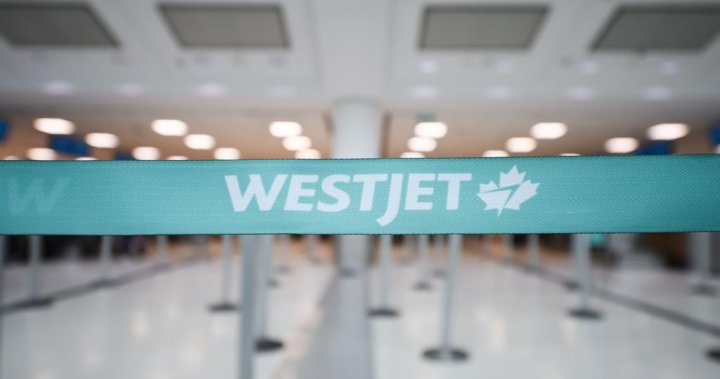This case revolves around a legal dispute between WestJet, a Canadian airline, and Air Passenger Rights, a consumer advocacy group, concerning WestJet’s passenger reimbursement practices for flight disruptions. Air Passenger Rights initiated legal action against WestJet in the Supreme Court of British Columbia, alleging that the airline’s reimbursement policies were misleading and violated Canadian air passenger protection regulations. The core issue stemmed from WestJet’s stated limits on reimbursement for expenses such as meals and accommodations incurred by passengers due to flight disruptions.
The crux of Air Passenger Rights’ argument centered on the fact that WestJet’s website had previously stipulated specific daily limits for meal and hotel reimbursement. Domestic passengers were allegedly informed they could claim up to $150 per night for accommodation, while international passengers were purportedly limited to $200 per night. Meal reimbursements were capped at $45 per day. Air Passenger Rights contended that these limitations were not supported by Canadian air passenger protection regulations, which they argued did not prescribe such specific caps on reimbursement amounts. While WestJet subsequently removed these specific figures from its website, Air Passenger Rights pursued an injunction to prevent the airline from continuing to apply these limits in direct communication with affected passengers.
The B.C. Supreme Court ruled in favor of Air Passenger Rights, issuing an injunction that prohibits WestJet from communicating any reimbursement limits to passengers. The court’s decision effectively prevents the airline from imposing the previously stated restrictions on meal and accommodation expenses in its interactions with customers impacted by flight disruptions. This ruling underscores the importance of airlines adhering to Canadian air passenger protection regulations and ensuring that their reimbursement practices align with the law.
This legal victory for Air Passenger Rights represents a significant step towards clarifying and enforcing passenger rights in Canada. The court’s decision reaffirms that airlines cannot arbitrarily impose reimbursement limits that contradict existing regulations. It also highlights the role of advocacy groups like Air Passenger Rights in holding airlines accountable for their practices and ensuring that passengers receive the compensation they are entitled to under the law. The injunction serves as a warning to other airlines to review their reimbursement policies and ensure compliance with Canadian air passenger protection regulations.
Following the successful injunction, Air Passenger Rights launched a further lawsuit against WestJet, seeking monetary compensation for passengers who were allegedly misled by the airline’s previous reimbursement policies. This lawsuit aims to secure financial redress for passengers who may have incurred expenses exceeding WestJet’s stated limits and were potentially deterred from claiming full reimbursement due to the airline’s misleading information. The outcome of this lawsuit could have significant implications for the airline industry, potentially setting a precedent for passenger compensation in cases of misleading reimbursement practices.
The case underscores the ongoing challenges in enforcing air passenger rights and the importance of continued vigilance by consumer advocacy groups. While the B.C. Supreme Court’s decision provides clarity on reimbursement limits, the subsequent lawsuit demonstrates the need for further action to ensure that affected passengers receive appropriate compensation. The case also highlights the role of regulatory bodies in overseeing airline practices and enforcing compliance with passenger protection regulations. The broader implications of this case could lead to greater scrutiny of airline reimbursement policies and a stronger emphasis on passenger rights within the Canadian aviation industry.

